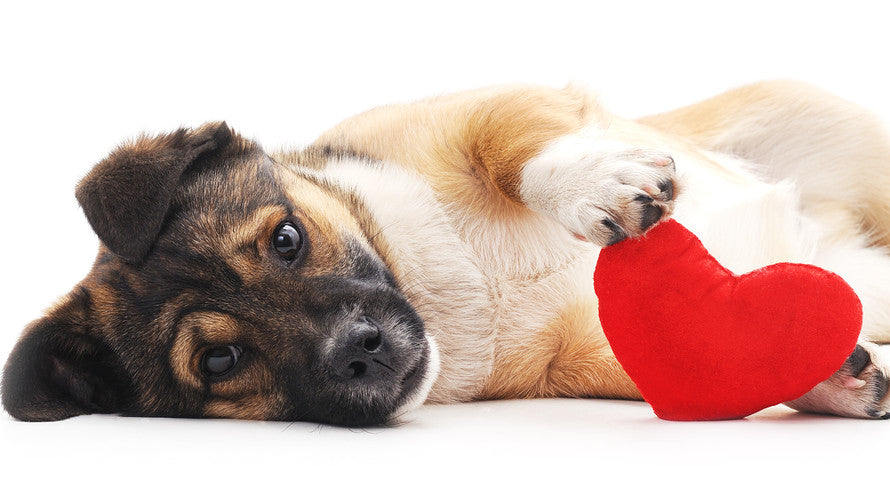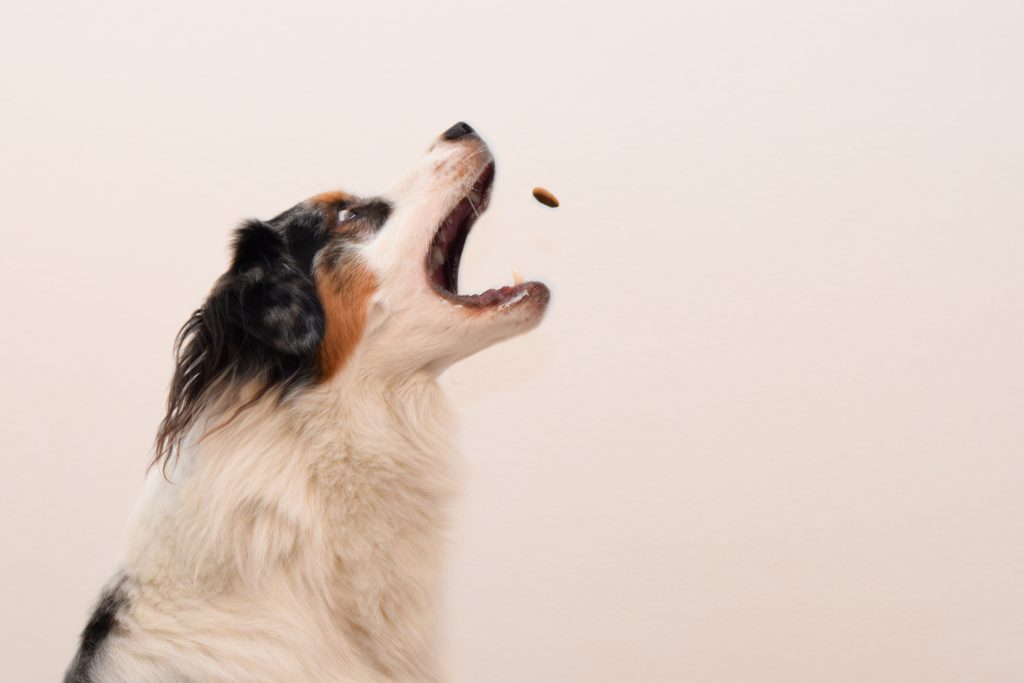
Plants have the ethereal capability of brightening up any living space they’re in. They provide fresh air, circulation, and general feelings of joy and well-being. However, when choosing which plants to include in your pet-friendly living space, one must heed caution to avoid plants that are toxic and therefore dangerous to pets!
Keep in mind: although some plants considered non-toxic may still cause digestive complications, unlike toxic plants, symptoms do not run the risk of being fatal.
NON-TOXIC PLANTS

Spider plant: This non-toxic plant is easy to care for, and thrives in a variety of environments (ranging from low to moderate sunlight, and moderate watering).

Areca palm: Although some palms are toxic to dogs and cats, the areca is not. This is especially helpful considering the long and alluring nature of the leaves.

Boston fern: The Boston fern is partial to humidity and bright, indirect sunlight, and is non-toxic to dogs and cats. Like palms, their fronds may be attractive to pets, but will do no harm.

Calathea: This plant’s popularity has increased quite drastically in recent years, deservedly so. Its beauty flourishes in shady patches (as to not damage/fade coloring), where your pet can curl up worry-free nearby.

Polka Dot plant: Although this plant is not toxic, heed caution in your placement of this plant in your house. Ingesting the leaves is likely to cause digestive problems in cats and dogs, though unlike toxic plants, the symptoms are not fatal.

Peperomia: This plant is fairly low-maintenance, requiring less frequent waterings, and is a great decorative addition to the home. To keep out of the way, it can be grown in a hanging basket.
Cape marigold: Marigolds are least likely, of non-toxic plants, to cause upset digestive tracts, and make a great addition to your home.
Cast iron plant: Hardy and extremely durable, cast iron plants will survive in most climates and through temperature changes. Considering its steadfastness, it’s sure to last through any chaotic pet’s attempts at defiling it.
Bamboo palm: Another non-toxic palm, the bamboo palm is a gorgeous, tall plant that can grow up to eight feet in height. It grows best in shady spaces.
Burro’s tail: This succulent is non-toxic to both dogs and cats. Its trailing stems induce a pleasing and modern aesthetic. As a hanging plant, Burro’s tail makes a great addition to any home.
TOXIC PLANTS

Sago palm: A toxin in the sago palm, known as cycasin, affects the liver, causing a myriad of side effects (including liver failure).
Snake plant: If ingested, may cause symptoms such as vomiting, diarrhea, and drooling.
Asparagus fern: Since the asparagus fern is not considered a “true” fern– unlike Boston, maidenhair, and others– it is toxic for dogs and cats. As mentioned above, ferns such as Boston and maidenhair are non-toxic.
Devil’s ivy: If you choose to have any toxic trailing plants in your home, it’s best to keep them out of reach and high up so that there is no chance of your pet interacting with it.
Rubber tree: Any and all parts of the rubber tree are toxic if ingested by pets– the compound known as psoralen attacks and causes damage to DNA cells.
Hydrangea: When ingested, causes diarrhea, lethargy, and vomiting.
Unfortunately, there are far too many houseplants to list that are considered either toxic or non-toxic to pets, but you can find an extensive listing on the ASPCA website for more information.
Disclaimer: This page is not veterinary advice. All content is based on extensive research.
Sources:
https://www.aspca.org/pet-care/animal-poison-control/toxic-and-non-toxic-plants
https://www.aspca.org/pet-care/animal-poison-control/dogs-plant-list
https://www.aspca.org/pet-care/animal-poison-control/cats-plant-list
The post 16 Toxic and Non-Toxic Plants for Households with Pets appeared first on Lilly Brush.




